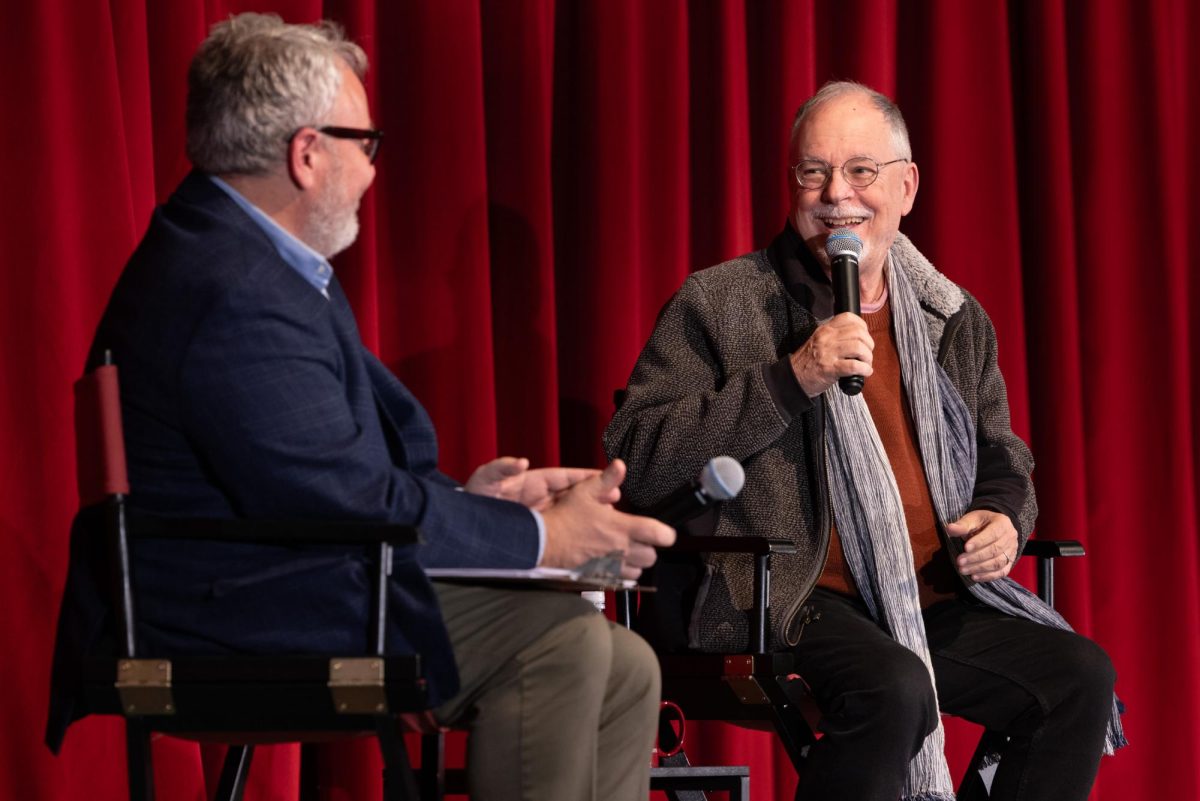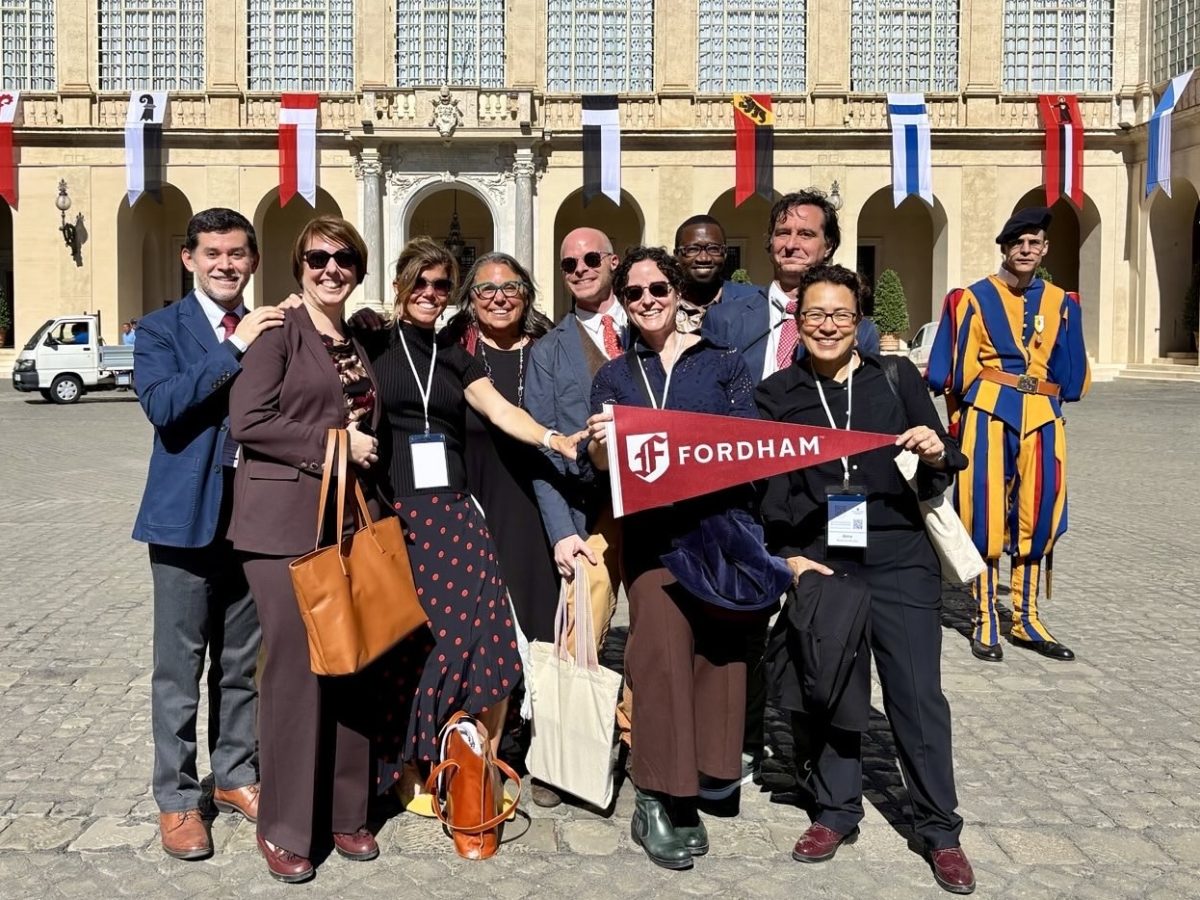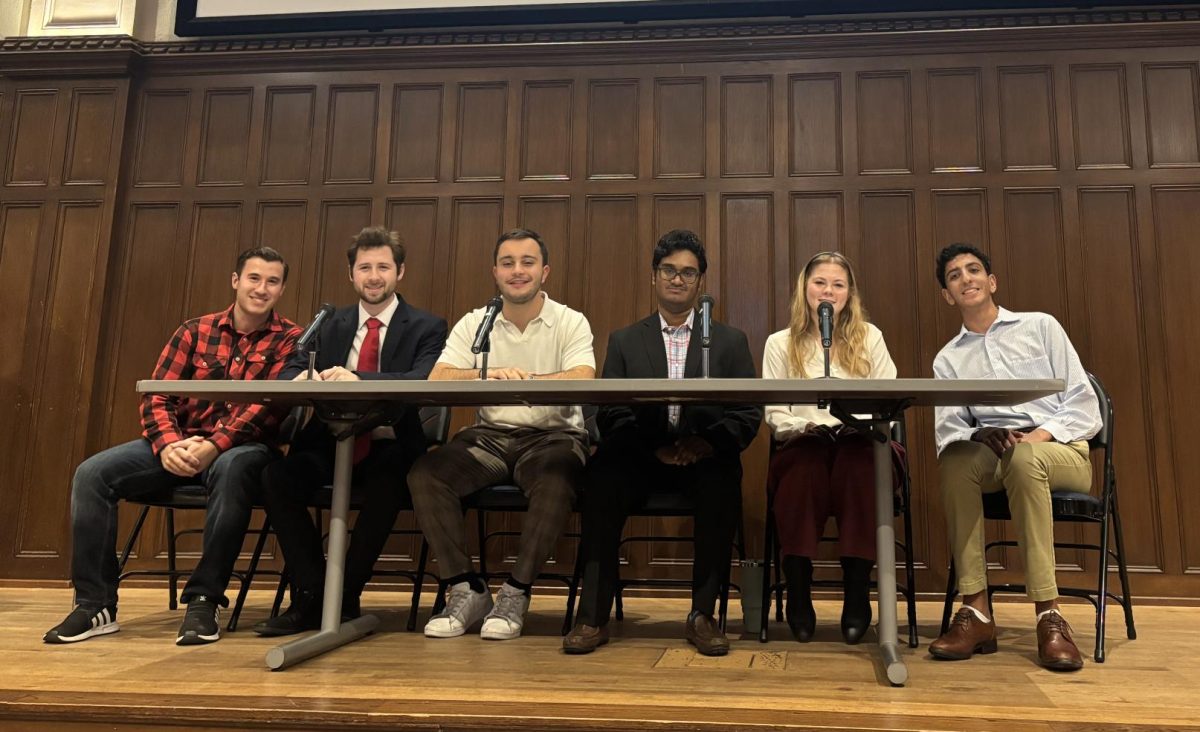By Victor Ordonez

It was partly by chance that Fordham University’s own Christina Greer became an intellectual powerhouse whose career is thriving in the midst of a polarized political state. Greer, a political science professor at Fordham College Lincoln Center, has dedicated her work to American politics, black ethnic politics, urban politics, quantitative methods and public opinion.
Although Greer’s passion for politics was not apparent until her college years, she has fond memories of her earliest political encounters. Greer said that she remembers her parents letting her pull the lever in a 1984 election booth as they cast their vote for presidential candidate Jesse Jackson.
Greer and her family were never in one place for too long as they often traveled between cities. Although she admitted to knowing nothing about the inner workings of politics as a child, there were specific instances she remembers.
Upon moving to Philadelphia, Greer recalls the fear she had for the mayor at the time, Frank Rizzo. Rizzo was a known racist; many New York Times op-eds regarded his relationship with Philadelphia’s black community as “volatile.”
“I was not accustomed to people like Rizzo, and I was afraid of him,” said Greer. “So I think deep down, I was always aware of my surrounding political landscape, but I did not know it.”
Greer realized in her freshman year at Tufts University that she had a knack for political discourse and an interest in government. “It was by chance really,” said Greer. “I had one of the last registration times and the only thing left was an intro to American politics class.”
Soon after igniting her passion at Tufts, Greer went on to receive her M.A., MPhil and Ph.D in political science from Columbia University. She has written several academic readings including her book, “Black Ethnics: Race, Immigration, and the Pursuit of the American Dream.” The book investigates the increasingly ethnically diverse black populations in the US from Africa and the Caribbean.
Greer informed The Ram that she is currently working on her second book. Her book will be about the history of all African Americans who have run for President, from Frederick Douglass to Barack Obama. Greer said that this particular manuscript was put on hold shortly after President Trump’s election.
In this moment of Trump, I realized that this was not going have the optimistic ending that it initially had several months ago,” said Greer. However, she stands by the book’s importance in the midst of the country’s current political climate.
Furthering her success, mainstream media platforms have found Greer to be an enlightened source of information when discussing the ever evolving political landscape.
Both MSNBC and WNYC have hosted Greer on several occasions with discussion topics specific to actions taken by the executive branch.
“I say a lot of things on air that people seem to resonate with,” said Greer. She also believes her presence on public television is attributed to her information driven opinions. “The Ph.D does mean something, people begin to realize that these are not just my feelings. These opinions are grounded in facts.”
One quote that resonated with audiences included her “three card monte” analogy. “The current Mueller investigation is like a game of three card monte — the investigators do not know where to look,” said Greer on MSNBC.
When asked to explain this analogy, Greer shared insight on the most recent controversy surrounding the White House: the indictment of Paul Manafort.
“The administration constantly changes the narrative — or at least tries to,” said Greer. “You have got Manafort and Papadopoulos, which is a huge story. However, the administration puts out General John Kelly saying that he thinks Robert E. Lee was a great citizen.”
Greer believes that although Kelly’s comments are shocking to most, it is intentional. “It is to distract us, and that is the game of three card monte that the administration is constantly playing,” said Greer. “They are constantly playing with our attention.”
Greer admitted that her requests to speak on public broadcasts immediately increased after the election of Donald J. Trump, a president who she believes is unfit for the responsibilities that fall upon the executive branch.
“To be a politician, you need to be in it to help others, and a lot of politicians do not always see that,” said Greer. “However, [Trump] fundamentally does not get that. There is zero empathy and zero understanding, and it is all about winning.”
As a professor, Greer said she tries to instill an understanding of these troubling times in her students. “I try to explain that, whether they knew it or not, this is the moment they all feared,” said Greer. “This is the moment in which our constitution is being tested.”
However, Greer said that she does her best to find historical context in which students could see the system work, regardless of chaos.
“I am trying to link the past to the future,” said Greer. “What we have seen is that the system is a perfect equilateral triangle that can balance on any given corner at any moment, when it is working.”







































































































































































































